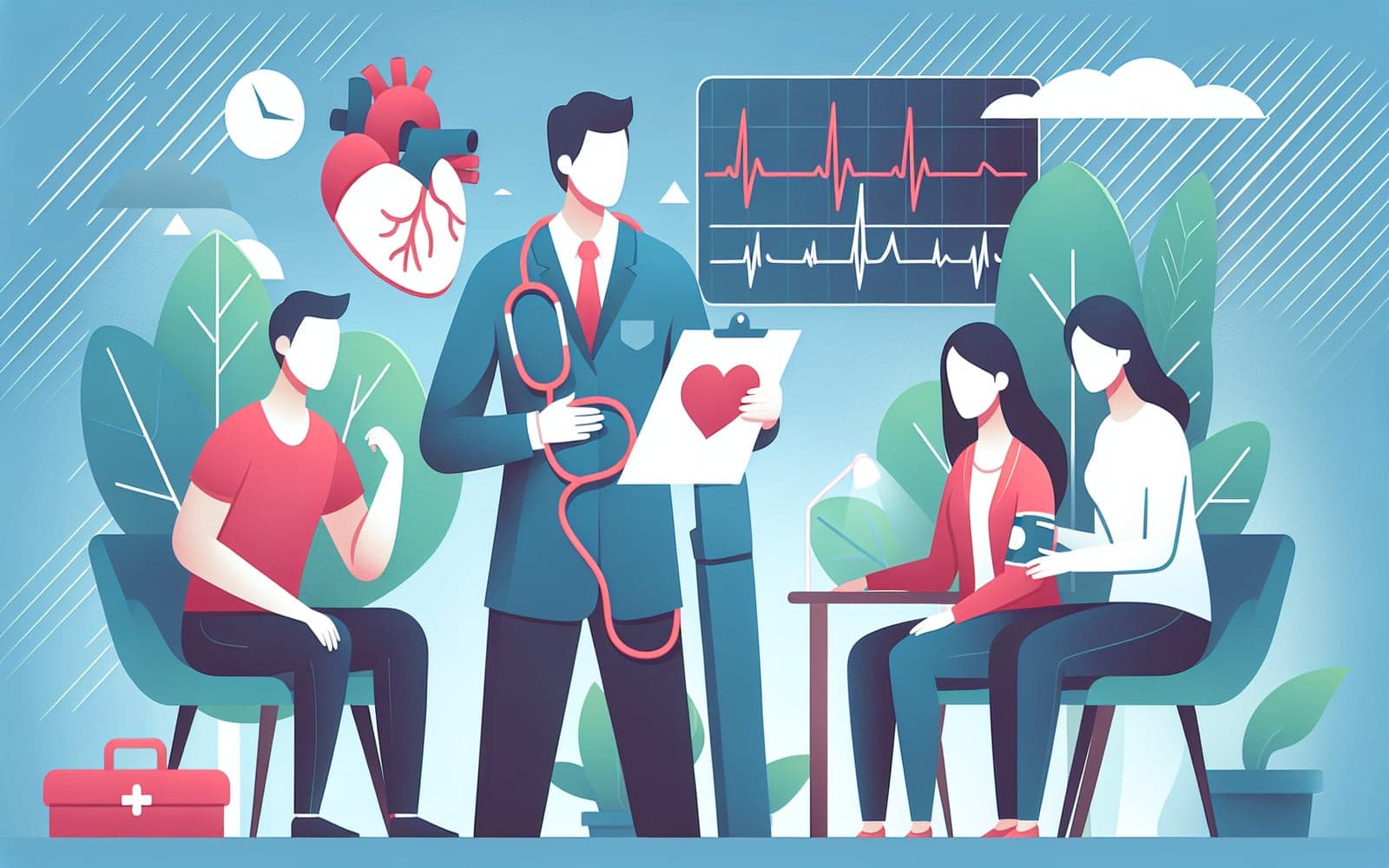Uncovering the Symptoms of Atrial Fibrillation: What to Watch For
Published: Nov 13, 2023
Recognizing the symptoms of atrial fibrillation early can lead to better management and outcomes.
Contents
Common Symptoms of AF
Atrial fibrillation can cause a variety of symptoms, including palpitations, which feel like a racing or irregular heartbeat. Other symptoms may include shortness of breath, lightheadedness, and fatigue. These symptoms can vary greatly among individuals, with some experiencing very mild or no noticeable symptoms.
Impact on Daily Life
AF can significantly affect your daily activities and quality of life. For some, symptoms may be mild, allowing them to continue with their routine. However, others may find everyday tasks challenging due to fatigue or shortness of breath. It's important to address these symptoms with your healthcare provider to improve your well-being.

When to Seek Help
If you experience persistent or severe symptoms of AF, it's crucial to seek medical attention. Symptoms like chest pain, extreme fatigue, or fainting require immediate evaluation. Early diagnosis and treatment can prevent complications and improve outcomes.
Frequently Asked Questions
Palpitations, shortness of breath, lightheadedness, and fatigue are common symptoms.
It can make daily tasks difficult due to symptoms like fatigue and shortness of breath.
Seek help if you have severe or persistent symptoms like chest pain or fainting.
Key Takeaways
Recognizing and addressing AF symptoms early can lead to better management and improved quality of life.
Consult with Doctronic if you experience any AF symptoms for tailored advice and support.Related Articles
References
Spertus J, Dorian P, Bubien R, et al. Development and validation of the Atrial Fibrillation Effect on QualiTy-of-Life (AFEQT) Questionnaire in patients with atrial fibrillation. Circ Arrhythm Electrophysiol 2011; 4:15.
Always discuss health information with your healthcare provider.